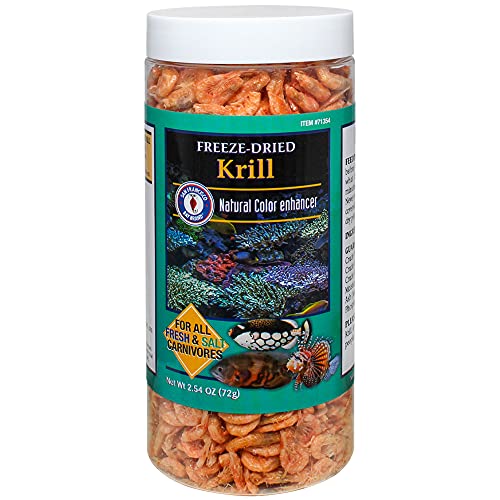I don't understand what you mean. There's a difference in the refractive index of seawater vs. saltwater (brine). It's not simply a matter of calibration. Calibrating a refractometer is merely adjusting it so that it reads a standard solution correctly. But that's a different issue from the refractive index of seawater vs. saltwater. A 35 ppt sodium chloride solution has the same refractive index as a 33.3 ppt seawater solution. The reason I brought this up is that most refractometers sold today in the reef industry are brine (sodium chloride) refractometers, not seawater refractometers.
Granted, the differences in refractive index are small enough that they are not fatal, and can be easily corrected for with proper calibration. Now one can assume that the refractometer is calibrated to seawater out of the box, but that's not a very good practice. And besides, it's easy enough to fix this by simply calibrating the refractometer (whether brine or true seawater) to a standard solution with a refractive index of 1.3394.
See Randy's RK article "Refractometers and Salinity Measurements"
here.

































































